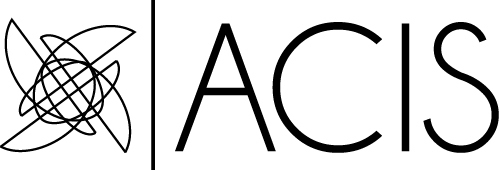
Political science was not overtly present on the ACIS-CAIS 2014 conference program and nor were political scientists especially visible. This is not unexpected. Irish Studies has long been grounded in the humanities, and although some social science disciplines are represented, political science has not generally been one of them. However, of all the dimensions of Irish life, which warrant academic and intellectual consideration, particularly in the contemporary period, Irish politics surely ranks highly.
There has been a traditional tendency at ACIS-CAIS conferences to filter this interest in Irish politics through studies of the Northern Ireland conflict. These are certainly welcome, for such research and commentary has been to the benefit in our evolving understanding of the conflict and peace process. However, there is substantially more to Irish politics than a singular focus on the Northern Ireland conflict. The relative distinctiveness and idiosyncrasies of the Irish political system have long been recognized by scholars. More recently, the 2011 “earthquake” Irish general election changed the dynamics of the party system while the 2014 election results have witnessed the rise of independents and Sinn Féin. And furthermore, in the wake of the collapse of the “Celtic Tiger,” the inability of the Irish political system to foresee or deal effectively with crisis has occasioned vocal calls for political reform. Scandals involving banks, the Church, and the Gardaí all reflect failings of the Irish state while upcoming national commemorations may reopen old wounds and expose acute political differences.
Although the ACIS-CAIS conference contained few dedicated political science panels, many panels implicitly, rather than deliberately, considered issues with a political edge. Northern Ireland political issues figured on the program. Speakers discussed issues including the peace process, nationalism, the Richard Haass talks, identity, commemorations, and the Saville Inquiry. These contributions were multi- and inter-disciplinary in nature. Historians, artists, musicians, dancers, writers, poets, and anthropologists did not shy away from critical observations. The Celtic Tiger was also considered, but the focus tended to be less on the politics and economics of the collapse and more on how it is represented by the artistic world.
Declan Kiberd’s keynote address certainly touched on contemporary themes in Irish politics. In a multi-dimensional lecture entitled “Disappearing Ireland,” he proposed that “politics is dying” and he questioned the extent of sovereignty in contemporary Ireland. He noted a conflict between the past and the present and he regretted how culture has been neglected and sacrificed in contemporary Ireland. While the intriguing array of subjects and themes explored in this lecture were fleshed out further by a myriad of panels and papers, the political explanations, analysis, and implications of many of his observations did not find expression on the program. The impressive dynamism and vigour of the Irish Studies community would be further reinforced by a more robust engagement with political science and the social sciences more generally. Now more than ever, Ireland, the Irish state, and the Irish political system need the wisdom and insights that international scholars can offer. ACIS-CAIS is potentially a very useful vehicle for delivering such influence.
